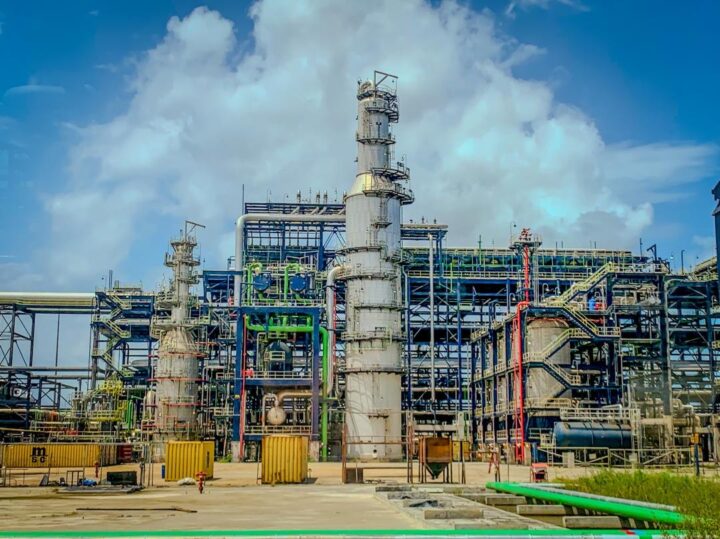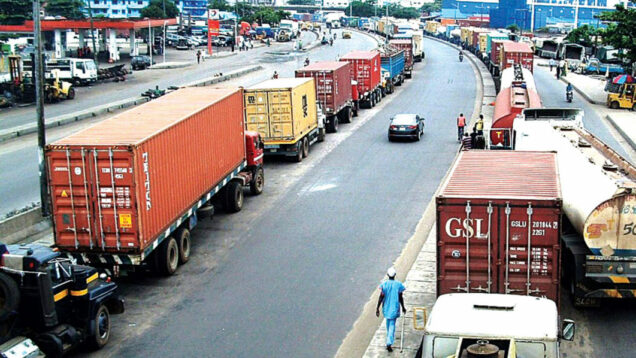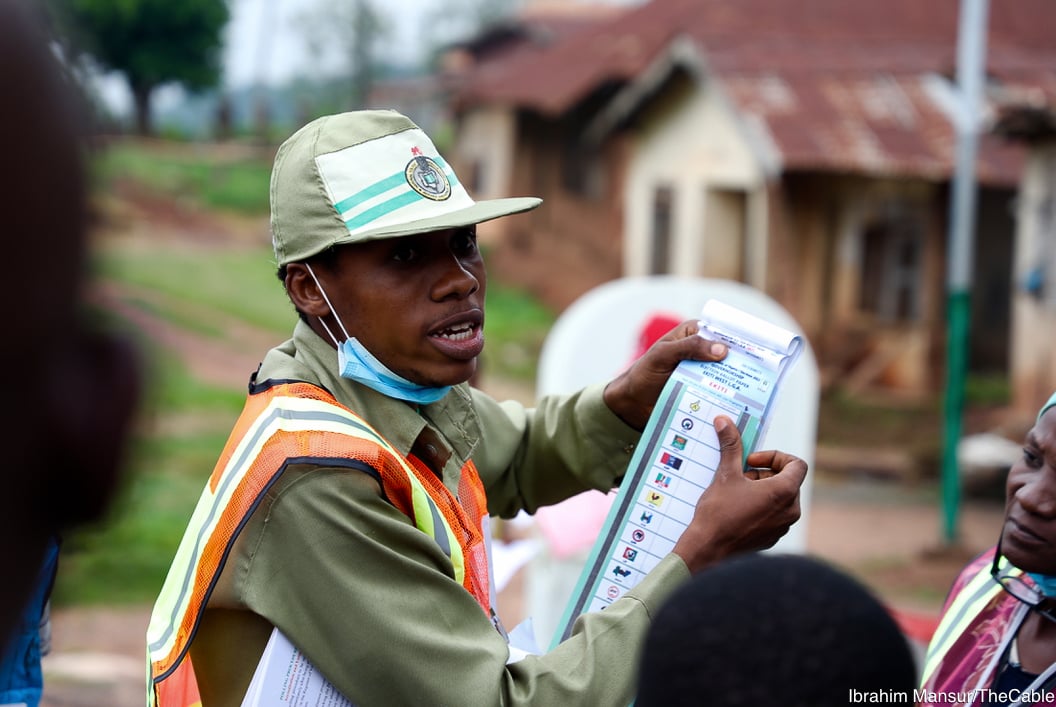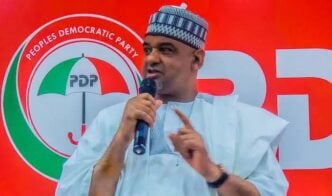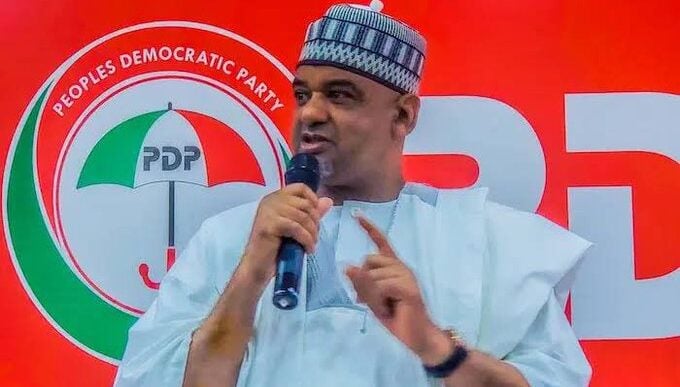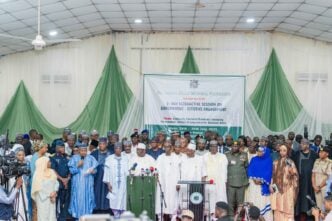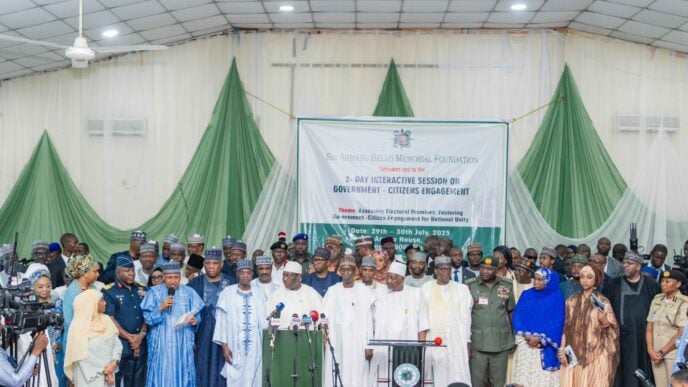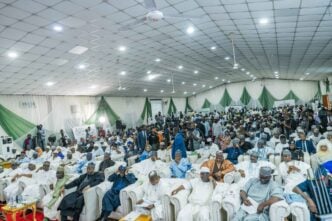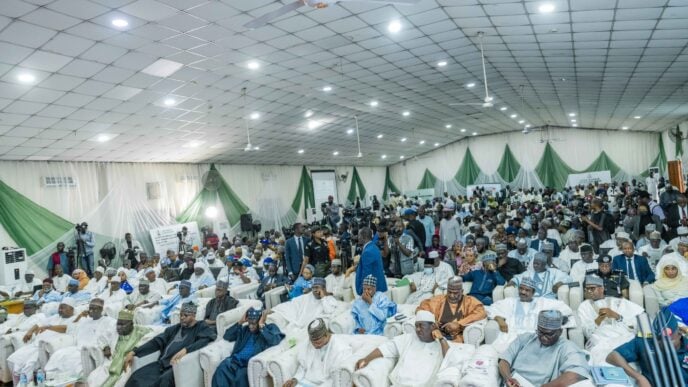It is no longer news that the Dangote Refinery is one national critical asset that would be vital to Nigeria’s energy security and long-term economic strategy. It will have a lasting impact on Nigeria’s economy just as the Soludo-led banking consolidation and the revolution in the telecommunication sector, which was initiated by Ernest Ndukwe during the President Obasanjo-led administration, has. Interestingly, the chairman of this critical national asset, which cost his company over $20 billion (approximately 9% of Nigeria’s GDP) after an initial construction estimate of $9 billion in 2013, Aliko Dangote, has had to fight in order to get his feet on the ground. Mr. Aliko Dangote’s experience is not surprising. It shows that people who spearhead positive disruptive changes – no matter how badly societies might need or desire these changes – should also be ready to fight even at great personal cost.
In 2022, Nigeria spent 20% of its national budget (about 4 trillion naira or $23 billion at the then exchange rate) on fuel subsidy. (Nigerian Midstream and Downstream Petroleum Regulatory Authority (NMDPRA) estimates the country’s average PMS consumption at 55 million liters per day in 2022, with peaks of 67 million liters per day). Fortunately, as of February 2025, the Dangote Refinery reported that it produces 57 million liters of Premium Motor Spirt (PMS) daily. This quantity is sufficient to meet 100% of Nigeria’s local demand assuming it actually consumes the figures released by NMDPRA. According to many analysts and commentators, the Dangote Refinery could deliver an annual forex savings of about $30 billion by 2027 by replacing imported fuel with locally refined ones. With this forex saving, the long-term stability of the naira – which has been under pressure for years – is guaranteed. The stability being experienced by the naira today is a combination of strong monetary policy decisions by Nigeria’s central bank and the reduced pressure on the naira as a result of the coming on stream of the Dangote Refinery.
At construction, the refinery employed 40,000 people and at its peak, it is anticipated to create about 350,000 direct and indirect jobs. The refinery has enabled the production of plastics, fertilizers and the development of many downstream industries that depend on petroleum by products. (The refinery is catalyzing massive investments in the Lekki Free Trade Zone, which was conceptualized when President Tinubu was governor of Lagos State). The indirect impact of this refinery on Nigeria’s GDP is enormous. According to an econometric model by economist, Ibukun Omoyeni, every 50,000 barrel increase in refining capacity may raise Nigeria’s GDP by about 0.4 %.
Africa’s installed refining capacity is about 3.4 million barrels per day (bpd) with utilization at around 40% due to lack of investments, operational issues and inefficiency. But according to OPEC reports, Africa-wide refined petroleum demand ranges from 4.6 – 4.7 million bpd with about 2.2 million bpd of this demand being met by imports. With Dangote’s planned refinery upgrade from its 650,000-bpd capacity to 700,000 bpd and the possibility of the refinery reaching 100% capacity utilization by the end of the year, the refinery could supply well over 15% of Africa’s refined petroleum products demand. Many analysts believe that Dangote’s plan to build a 1.6 million barrels of gasoline and diesel storage facility in Namibia – a facility that could supply petroleum products to Botswana, Namibia, Zambia, and Zimbabwe – is part of the refinery’s effort to expand its footprint in Africa and capture key Southern African markets.
Advertisement
Thanks to Dangote Refinery, Nigeria is gradually becoming a net importer of crude oil. The Refinery is ramping up its crude storge capacity to 3.4 billion litres.
But the Refinery’s disruptive change has come with some implications with some stakeholders visibly disturbed.
The refinery plans to inundate the petroleum products distribution sector with 4,000 CNG-powered trucks (2,000 of these trucks have already been supplied to the refinery). It plans to distribute its products directly to retail outlets and end users. One commentator says this was a result of the blockade by market competitors who allegedly refused to lift products from the refinery and who preferred to work with importers of PMS. (Interestingly immediately the 4,000 CNG trucks announcement was made, a large number of marketers signed up with the Dangote Refinery for direct fuel distribution deal). The refinery argues that this is part of its broader plans to cut down the prices of petroleum products by reducing logistic costs. But tanker drivers and the Natural Oil and Gas Suppliers Association of Nigeria fear massive job losses as Dangote begins to supply PMS directly to oil marketers. Little wonder the association have come with its own push backs and criticisms of Dangote’s plan to distribute PMS directly to retailers.
Advertisement
In mid-2024, NMDPRA CEO Farouk Ahmed criticized Dangote, alleging its diesel and other local refined products were inferior—with sulfur levels between 650–1,200 ppm, compared to imported fuels, which he claimed met the West African standards of 50 ppm. The NDMPRA boss also asserted that Dangote was not yet licensed or fully operational at the time, that the refinery was still in the pre commissioning phase (~45% complete). But the Dangote Refinery challenged the regulator by inviting independent labs to test its fuels and offered comparisons with imported fuels. Dangote also accused the regulator of a weak oversight and uncontrolled import licenses, claiming many imported fuels had fake test certificates and exceeded legal sulfur limits. In the end, the regulator’s claim of Dangote’s “substandard fuel” was publicly discredited when Nigeria’s parliament-tested samples showed far higher sulfur in imported fuel.
Stakeholders in the downstream sector such as PETROAN and IPMAN have accused Dangote of using pricing as leverage to suppress competitors, claiming imported fuel was still cheaper and accusing Dangote of monopoly tactics. (In one occasion Dangote was reported to drastically cut PMS prices by 30% and this forced competitors and the state-run NNPC to reduce their pump prices, costing importers and marketers huge losses, which was estimated at ₦2.5 bn/day and ₦76.5 bn/month).
Under the Petroleum Industry Act (PIA), crude oil producers are required to supply set crude volumes to domestic refiners before export, but this has not been effective and Dangote has had to source for the buck of its crude overseas. Dangote pushed regulators to enforce this clause in the PIA for upstream firms but international oil companies in Nigeria are constrained by some of their contractual obligations with international refiners. Besides, most IOCs prefer to sell their crude in USD in the international market because of the foreign exchange preference. Selling to Dangote (a local buyer) means receiving naira or CBN-managed FX, which exposes them to: exchange rate volatility, limited dollar liquidity and, of course, difficulty in repatriating profit (one report says that Dangote has offered to pay in USD, but IOCs remain skeptical about consistent payment terms and FX accessibility). However, the recent federal government’s naira-for-crude policy – which has allowed the NNPC to sell some crude in naira to Dangote – enabled the Dangote Refinery reduce product prices consistently, guaranteeing availability for the overall benefit of Nigerians, according to analysts.
The Dangote Refinery has been well managed since its inception. Yesterday, the refinery appointed David Bird, the former head of Oman’s Duqm Refinery, as its new Chief Executive Officer. The former Shell executive is expected to bring in new skills in order to improve the operational efficacy and scale up operations in the refinery, the largest single train refinery in the world.
Advertisement
The future of Nigeria is bright with the Dangote Refinery. What is required is a collaborative partnership by all stakeholders in the Nigerian upstream and downstream industry. The global oil market is huge and with collaboration in Nigeria, Nigerian companies can increase their global market share. In the end, everyone will be winners!
Views expressed by contributors are strictly personal and not of TheCable.

